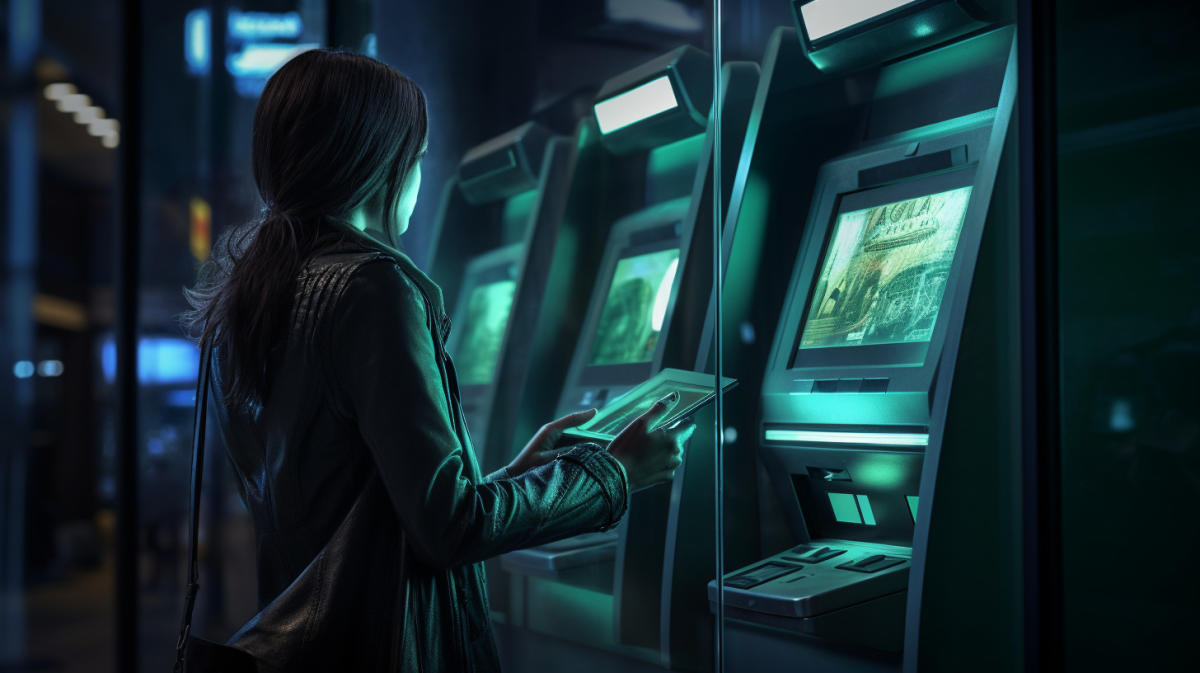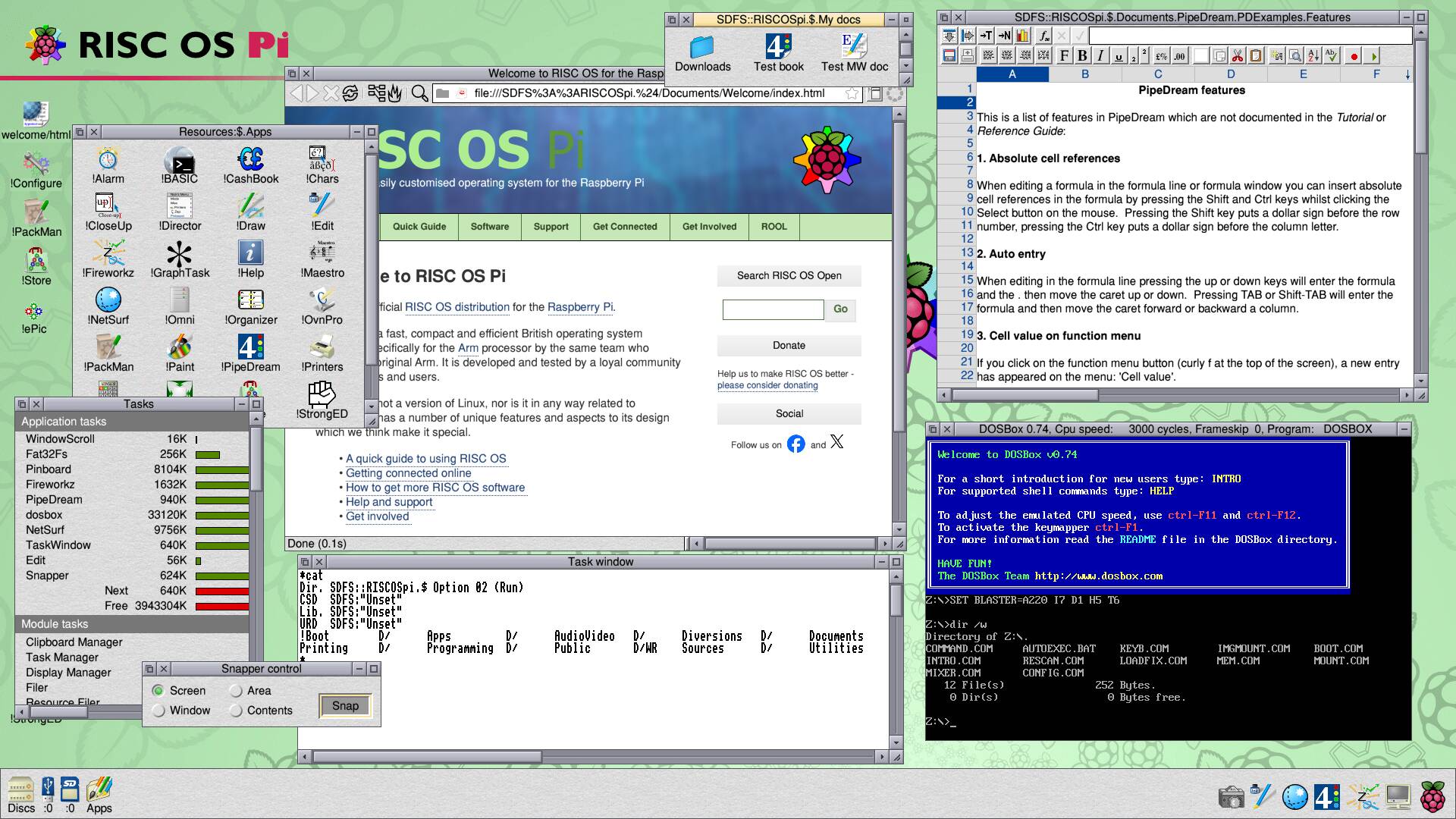
Key Takeaways:
Take-Two’s Seismic Restructuring
In an industry-shaking move, Take-Two Interactive, the eminent publisher behind the globally adored Grand Theft Auto series, announced a restructuring process involving the closure of its two acclaimed studios, Roll7 and Intercept Games. This, despite the fact that this gaming behemoth commands a jaw-dropping market capitalization of over $24 billion. The question that arises, however, is not merely reactionary but also predictive; what impact will this have on the gaming industry?
Comprehensive Business Strategy
As part of the restructuring strategy, Take-Two Interactive draws the curtain on at least 5% of its entire workforce. A decision seen as a potential profit-driven stance that has sparked criticism from various sphere; whether game developers, industry analysts, or ardent gamers.
A Stirred Hornet’s Nest
The result of this step? An atmospherical change in the gaming community. More specifically, a formidable heat wave of outrage rippled through the entire community of game developers. They have started expressing their immense dissatisfaction and anger over the company’s actions.
Concerns about Job Security
While it is undeniable that restructuring is a typical business strategy, it stokes the smouldering issue of job security in the gaming industry. This is a grave concern, especially considering the highly competitive and sometimes, unpredictable nature of the industry.
Perceived Impact on the Gaming Industry
The repercussions of Take-Two’s restructuring strategy, however, stretch beyond the constraints of their studios. The gaming industry, as a whole, is now thrown into discussions regarding how such strategies by industry giants affect the overall landscape.
Industry Discussion and Fallout
Could this decision slow down innovation in the gaming industry due to reduced competition? Or, might it rise concurrently as opportunities for independent developers to fill the vacuum created by such closures increase? The opinions are increasingly polarized, and only time will tell which camp’s perspective will see fruition.
Conclusion
With game developers at odds with Take-Two’s business strategy, the future landscape of the gaming industry remains hinged on uncertainty. One thing is certain, however; in the worldly game of business, corporations will continue to prioritize strategies that promise lucrative outcomes, even if they ruffle some feathers. As the gaming community navigates this controversial terrain, an eye must be kept on how such steps will transform the industry in the long run.






/cdn.vox-cdn.com/uploads/chorus_asset/file/25429570/Rabbit_R1_top.JPG)
